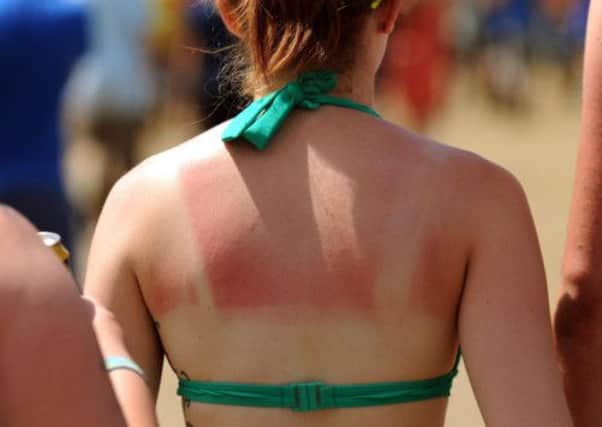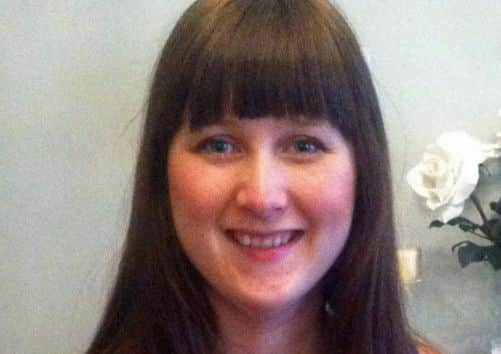Skin cancer on rise, but so are survival rates


Around 1,200 people a year in Scotland are diagnosed with malignant melanoma – more than three people every day.
But new research by Cancer Research UK has found that survival ten years after diagnosis has now reached 80 per cent in men and almost 90 per cent in women, against 58 per cent in men and 78 per cent in women 30 years ago.
Advertisement
Hide AdAdvertisement
Hide AdExperts said the improvements to survival rates are likely to be down to better treatments, early diagnosis and greater awareness of the symptoms.


Scotland, along with other parts of the UK, has seen a huge increase in skin cancer cases in the past decade – cases of malignant melanoma have gone up more than 50 per cent in ten years. In addition, almost 11,000 non-melanoma skin cancers, such as basal cell and squamous cell cancers, are diagnosed in Scotland each year.
Dr Tim Crook, a consultant medical oncologist and scientist at the University of Dundee, treats patients with melanoma and also works on research projects which have helped boost survival rates.
“Forty years ago, only around half of those diagnosed with skin cancer were surviving,” he said. “Eight out of ten is a massive improvement, but clearly we can’t stop there.”
Work in Dundee has helped identify new ways to diagnose melanoma which has spread to other parts of the body at an early stage, where the evidence suggests that new treatments work better.
Linda Summerhayes, spokeswoman for charity Cancer Research UK in Scotland, said research was revealing more about skin cancer, and helping develop targeted treatments to help more people beat the disease.
She added: “The earlier cancer is detected, the easier it is to treat it and the more likely the treatment is to be successful.
“That’s why it’s important to get to know your skin and if you notice anything unusual, such as a change to a mole or a blemish that hasn’t healed after a few weeks, then get it checked by your GP.”
Advertisement
Hide AdAdvertisement
Hide AdCase study: ‘I was very lucky that my cancer was caught early’
SKIN cancer survivor Caroline Begg believes early diagnosis and treatment helped her beat the disease and get on with her life.
The 33-year-old from Glasgow was diagnosed with malignant melanoma in 2006 when she was 26. Now the mother-of-two, who was once a regular sunbed user, says her cancer is behind her, thanks to the care she received.
“I was very lucky that my cancer was caught early.
“I think going to the doctor early, and the treatment I received, saved my life,” she said. “Now I am the most cautious person in the sun, and would never ever use a sunbed. I would urge everyone to take care so they don’t have to go through the trauma I did.
“I was very lucky that treatments have come on leaps and bounds and, thanks to the work of Cancer Research UK scientists, much more is known about the disease.”
SEE ALSO